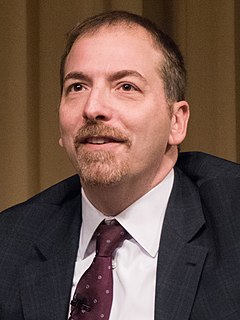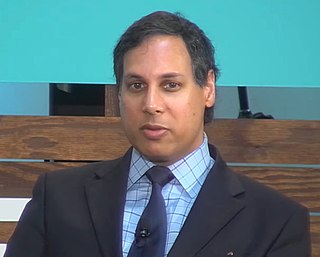A Quote by Rick Santorum
What Donald Trump is focused on is a policy of trade that looks after the interests of the American worker, not just the overall GDP numbers. And that is what is resonating.
Related Quotes
We're at the start of the process of talking about a trade deal. We're both very clear that we want a trade deal. It will be in the interests of the UK from my point of view, that's what I'm going to be taking in, into the trade discussions that take place in due course. Obviously [Donald Trump] will have the interests of the US. I believe we can come to an agreement that is in the interests of both.
Terrorism and trade policy are clearly topics where Trump expresses the fears and concerns of many American people. There is a widespread feeling in this country that the government has been too willing to go into trade deals that sent American jobs to Mexico or to China. The affected communities feel left behind. It is one of the reasons for Trump's rise.
For the most part, much of the legal world's attention has been focused on Donald Trump and his attacks on Gonzalo Curiel, the federal judge who is currently presiding over the Trump University fraud cases in California. Trump somehow managed to offend surprising numbers of establishment Republicans.
Where does Donald Trump come from - and it's not just Donald Trump. It's a whole movement of right-wing extremism, not just in this country but also in Europe, which is a response to globalization, to the financialization of our economy, you know, to the trade agreements that throw working people under the bus.
For any economy, there are two basic factors determining how many jobs are available at any given time. The first is the overall level of activity - with GDP as a rough, if inadequate measure of overall activity - and the second is what share of GDP goes to hiring people into jobs. In terms of our current situation, after the Great Recession hit in full in 2008, US GDP has grown at an anemic average rate of 1.3 percent per year, as opposed to the historic average rate from 1950 until 2007 of 3.3 percent.
What was really interesting in his speech, which, by the way, had (inaudible) footnotes - the written version of it - which might be a personal record for Donald Trump - the source of a lot of his numbers on the free trade section of the speech came from an organization called the Economic Policy Institute, which was a think tank or is a think tank that was founded by labor unions to promote the labor unions' point of view on free trade agreements.
If I were Donald Trump, I would definitely not pick Mitt Romney because it's very easy for Mitt Romney to have have a separate foreign policy operatus in the State Department that would run a dissenting foreign policy from the White House foreign policy. There, I think the populist America-first foreign policy of Donald Trump does run against a potential rival.
I think, again, the overall intellectual structure of the speech is very much consistent with what Donald Trump has been saying on the campaign trail. He's against free trade. He's against immigration. But he has been in favor of tax reform, and he has been afraid of - in favor of developing American energy sources like through fracking or hydraulic fracturing.




























